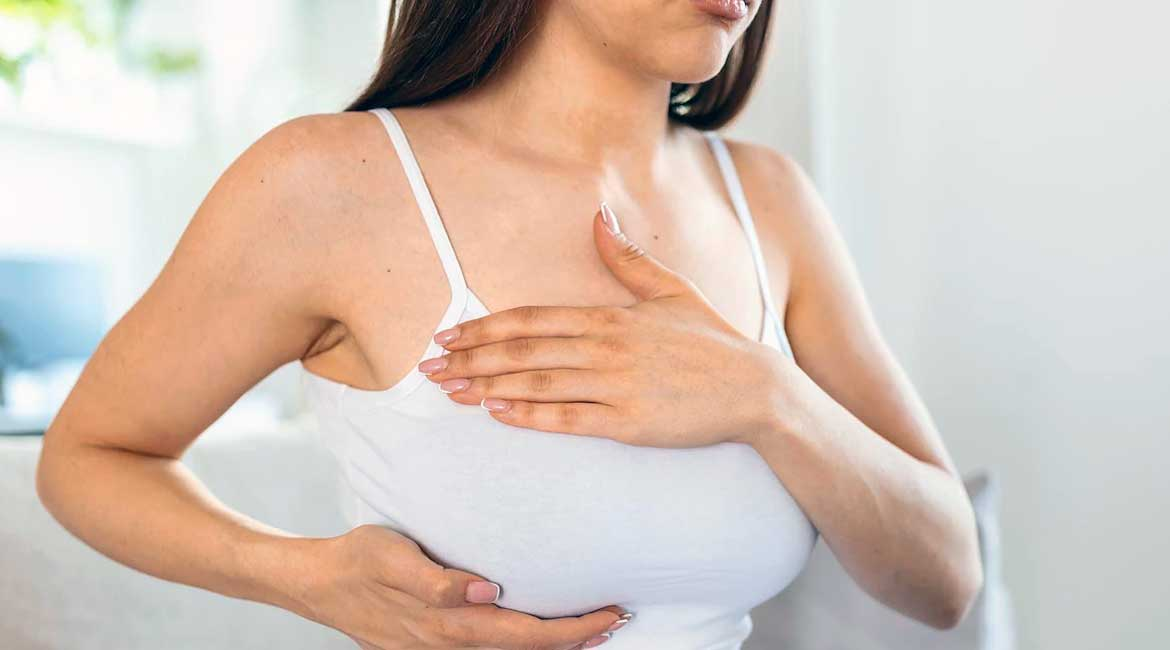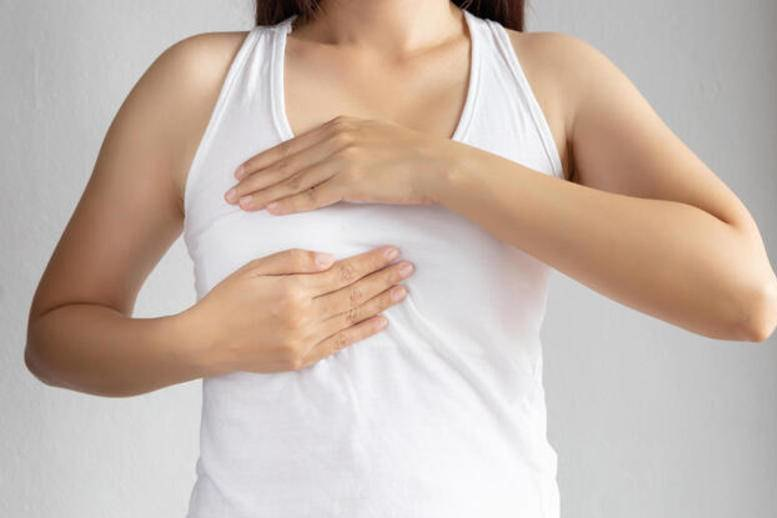
Itchy nipples is a fairly common phenomenon that can have both harmless and more serious causes. Sometimes it is simply a reaction to an irritant, and in some cases it is a symptom of skin or internal organ diseases, writes the Industrial Zaporozhye website. In this article, we will consider the main reasons why nipples itch and ways to eliminate it.
Physiological causes of itching
Sometimes itching is caused by natural factors that do not pose a serious threat to health. These include:
- Dry skin. Insufficient hydration can cause flaking and irritation, leading to itching.
- Allergic reaction. Skin care products, laundry detergents, or even synthetic fabrics can cause irritation.
- Hormonal changes. During pregnancy, menstruation, or lactation, skin sensitivity may change.
- Friction from clothing. Tight or rough clothing can cause mechanical irritation of the skin of the nipples.
Dermatological diseases
If itching does not disappear, but on the contrary, intensifies, this may be a sign of skin diseases. The main ones are:
- Atopic dermatitis. It occurs due to a hereditary predisposition to allergic reactions and may be accompanied by dryness, redness and peeling.
- Eczema. This is an inflammatory disease characterized by redness, itching and the formation of blisters.
- Psoriasis. A chronic autoimmune disease that causes dry, flaky skin.
Infectious causes of itching
Some infectious diseases can also cause discomfort in the nipple area:
- Fungal infections. These are especially common in people who sweat excessively or wear synthetic clothing.
- Bacterial infections. Staphylococci or streptococci can cause inflammation and itching.
- Parasitic infections. Scabies or lice can also cause itchy nipples.
Internal diseases
In rare cases, itchy nipples can be associated with serious internal problems:
- Diabetes. High blood sugar levels can lead to dry skin and itching.
- Liver disease. Liver dysfunction can cause a buildup of toxins, which manifests as itching.
- Oncological diseases. One of the rare but possible causes of itching is Paget's disease, a rare type of breast cancer that manifests itself as peeling, redness, and itching of the nipple.
If only one nipple itches

Itching in one nipple can be caused by both harmless and serious reasons. If the irritation is observed only on one side, this may indicate local factors, such as rubbing with clothing, an insect bite or an allergic reaction. However, if the itching is accompanied by redness, cracks, discharge or a change in the shape of the nipple, this may be a symptom of skin diseases, infection or even an oncological process, for example, Paget's disease. In this case, it is important not to delay a visit to the doctor for timely diagnosis and treatment.
How to get rid of itching?
If itching is caused by minor factors, you can eliminate it yourself:
- Use moisturizers and hypoallergenic skin care products.
- Prefer natural fabrics that do not irritate the skin.
- Exclude allergens (change washing powder, soap, shower gel).
- Follow personal hygiene, especially after exercise.
- If the itching does not go away, consult a dermatologist or mammologist.
Possible causes of itchy nipples
| Cause | Main symptoms | How to treat |
|---|---|---|
| Dry skin | Peeling, redness | Using moisturizers |
| Allergies | Redness, rash | Eliminating allergens, taking antihistamines |
| Fungus | Whisky coating, cracks | Antifungal creams |
| Eczema | Blisters, peeling | Special ointments, avoiding triggers |
| Diabetes | Dry skin | Controlling blood sugar levels |
| Paget's disease | Peeling, cracks | Urgent consultation with a doctor |
When should you see a doctor?
If itching is accompanied by discharge, cracks, severe redness or does not go away within several weeks, you should consult a specialist. This will help to avoid complications and detect possible serious diseases in time.
Skin health largely depends on care, lifestyle and attentiveness to the body's signals. If the problem does not disappear – do not delay a visit to the doctor!
Read also why a man does not want to get married – the main reasons for his hesitation.

